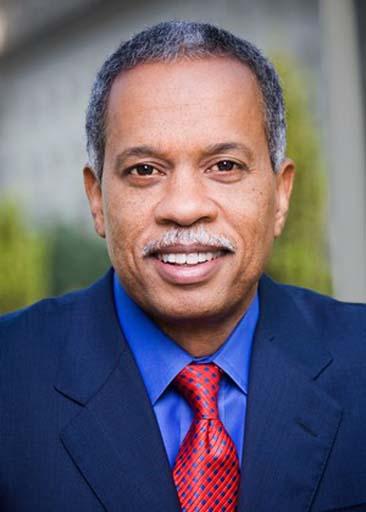There is a new level of irony in Juan-gate at NPR. Senior Vice President for News Ellen Weiss, who spent nearly three decades at NPR, recently “resigned” over the issue, and for CEO Vivian Schiller withholding her bonus. Journalist Juan Williams, whose mishandled firing led to these actions, built a career on brilliant journalism, including a nomination for a Pulitzer and his seminal work on civil rights in “Eyes on the Prize.” The irony is that his case has become a distraction from keeping the eyes on NPR’s true prize.
Lost in the accusations and responses about a news organization gone awry is the bigger existential threat to NPR. Although NPR’s listeners are abundant and loyal (bigger than the combined nightly network broadcasts by some measures), and its endowment flush, we should remember that Vivian Schiller took over an organization with a business model that is fundamentally broken. Schiller’s task is nothing less than reinventing the NPR business.
Here is the problem. NPR is not a broadcaster. For all its own fundraising and other undertakings, it relies heavily on local public radio stations to pay to air its programs. But NPR sees a major part of its future online. Yet if the “big money” broadcasts, such as Morning Edition and All Things Considered, are put live online, then there is no reason for listeners to tune into local stations or their websites to hear them. Obviously, that would eat into the listener loyalty to, say, WAMU (DC’s public radio station) and effect how much listeners will feel compelled to send into the legendary pledge campaigns, which make up a sizable part of their annual budgets and ability to pay NPR’s fees. Furthermore, these local stations control NPR’s board, a development after the stations saved NPR from shutting down in bankruptcy in the 1980s.
Schiller has a history of building new successful media business models, from CNN, to Discovery-Times documentary network, to leading the New York Times newspaper into its current online incarnation. But this is her biggest challenge yet. To be successful at NPR, she needs to find a way to reconcile seeming mutually irreconcilable needs and get the local stations to go along. Withholding her bonus and forcing management changes because of this one personnel issue doesn’t help in that crusade.
NPR has long had a checkered past in its handling of human resource issues. But wherever one stands on Juan-gate, if you are in any way invested in NPR’s existence, there is a far bigger prize to be focused on today. Survival.


